Welcome to the 3rd collection of haiku from my Haiku of Japan series. This collection contains number 21 – 30. There are some good ones in here!
If you enjoy any of the verses you read, simply click on the title to go to a post specifically for that haiku where you'll find a bit more info about it, some background and perhaps some hints for understanding the deeper meaning.
Here we go!
盗人に取り残されし窓の月
nusubito ni torinokosareshi mado no tsuki
—Ryokan
the thief
left it
the moon at my window
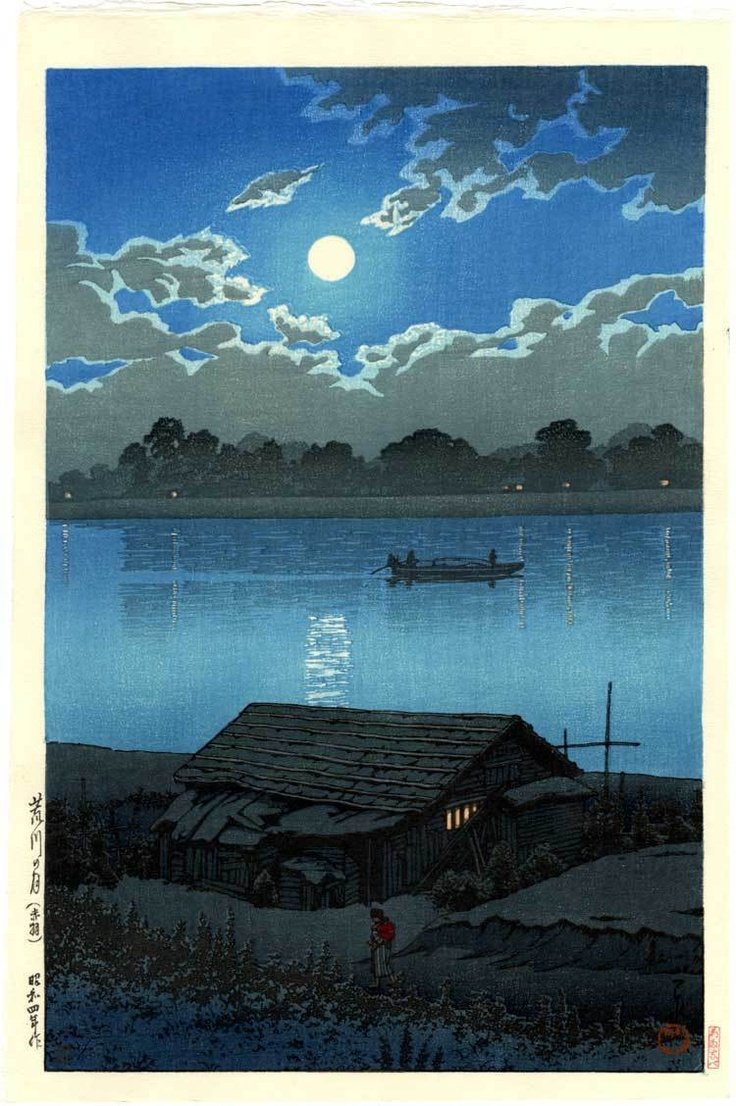
柿もぎの金玉寒し秋の風
kakimogi no kintama samushi aki no kaze
—Ryokan
persimmon picking
my balls are cold
autumn wind
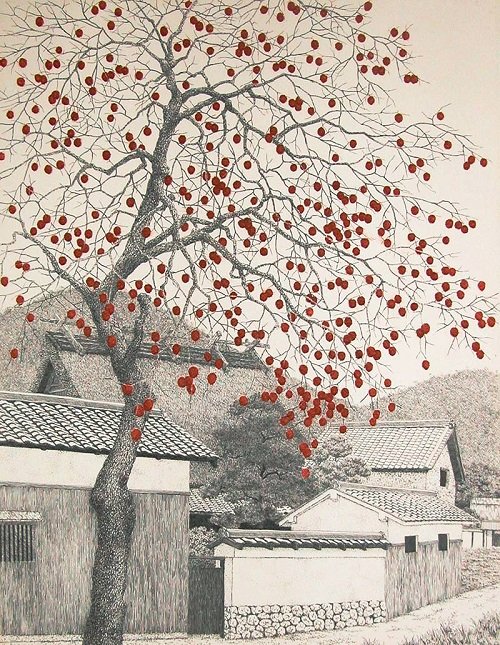
蒼海の浪酒臭し今日の月
sōkai no nami sake kusashi kyō no tsuki
—Basho
blue sea
waves smell of saké
tonight's moon
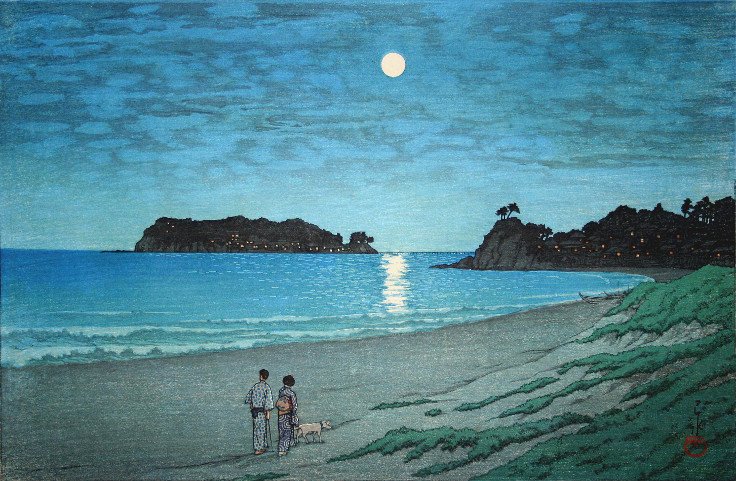
中々にひとりあればぞ月を友
nakanaka ni hitori areba zo tsuki o tomo
—Buson
because
I'm all alone
the moon is my friend
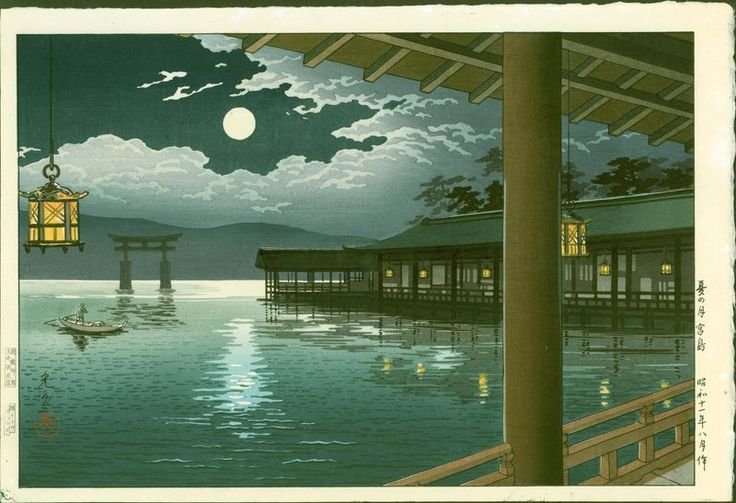
古井戸のくらきに落る椿哉
furuidono kurakini otsuru tsubakikana
—Buson
an old well
into the darkness
falls a camellia
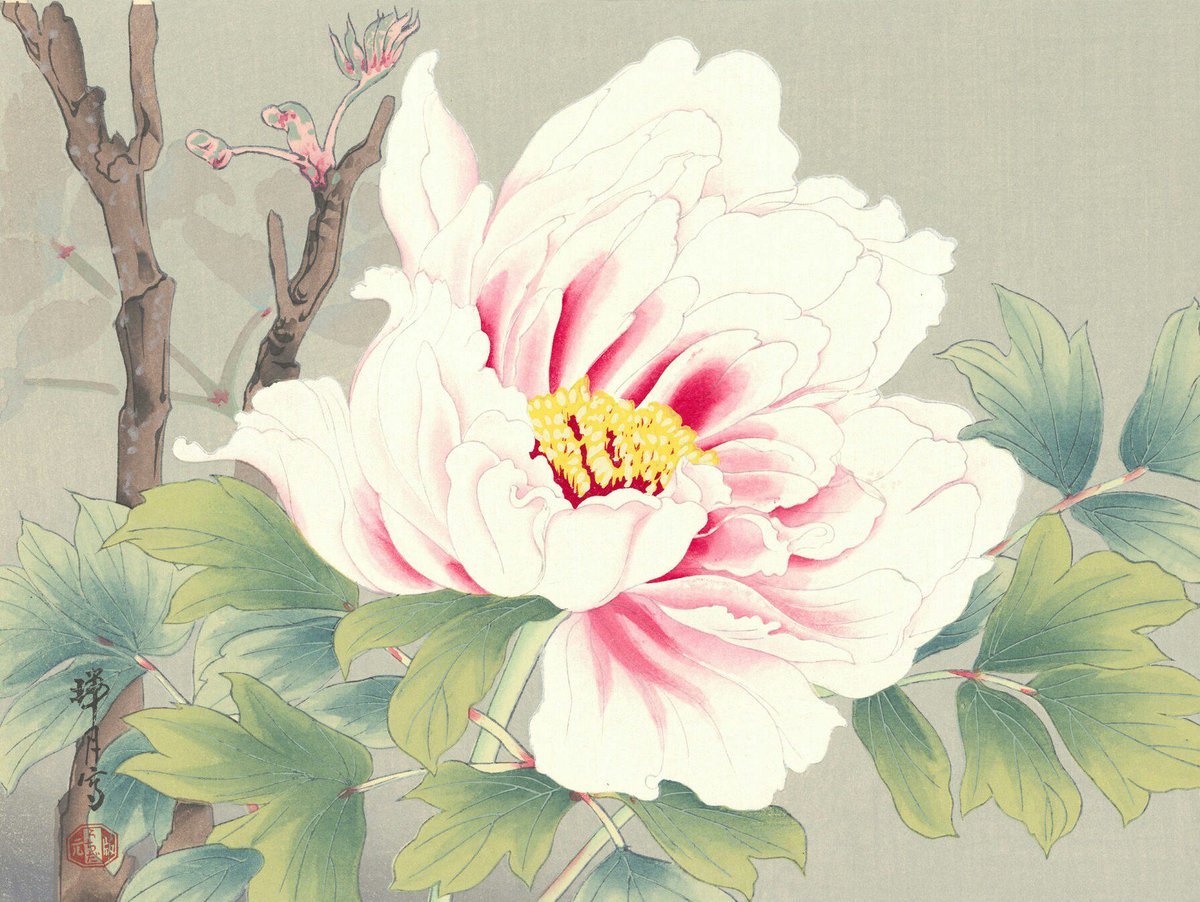
笠もなきわれを時雨るるかこは何と
kasa mo naki ware o shigururu ka ko wa nanto
—Basho
no rain hat
is winter drizzle falling?
oh well
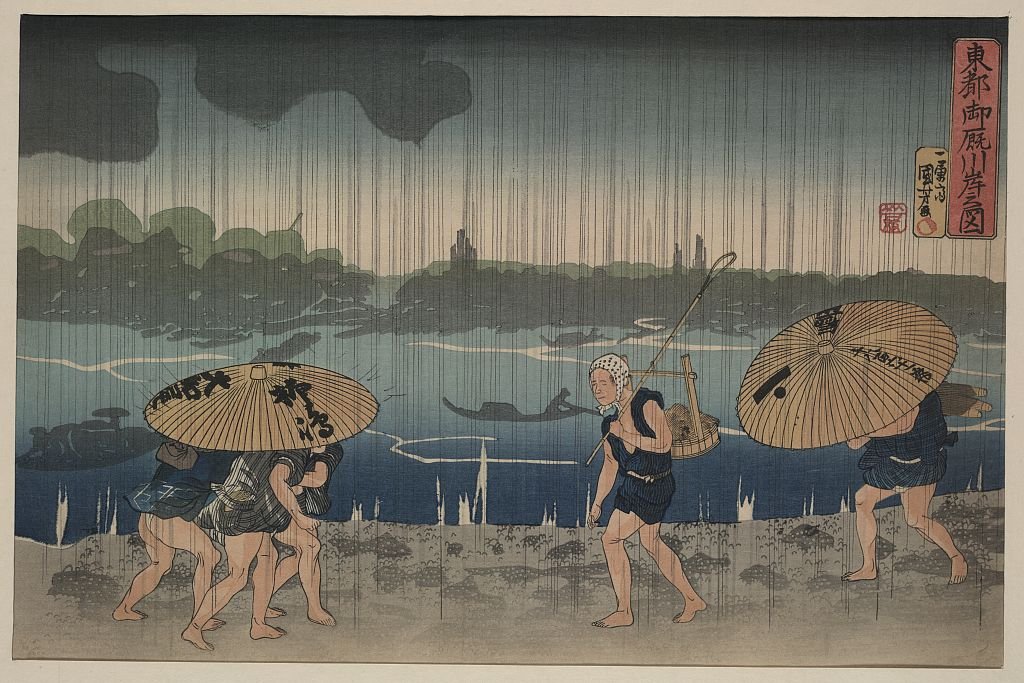
凧抱たなりですやすや寝たりけり
tako daita nari de suya-suya netari keri
—Issa
holding his kite
sleeping
peacefully
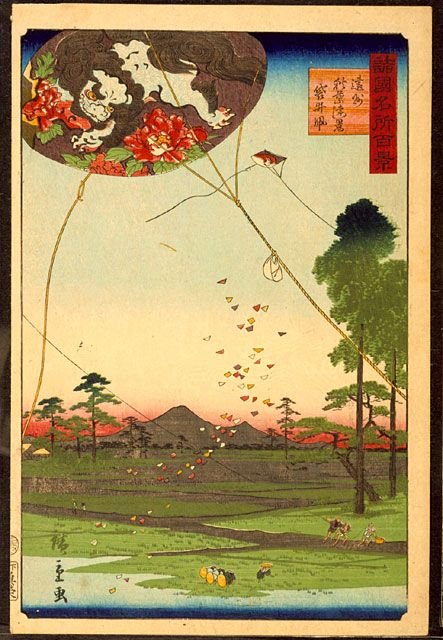
三千の俳句を閲し柿二つ
sanzen no haiku wo kemishi kaki futatsu
—Shiki
Three thousand
haiku to look through
Two persimmons
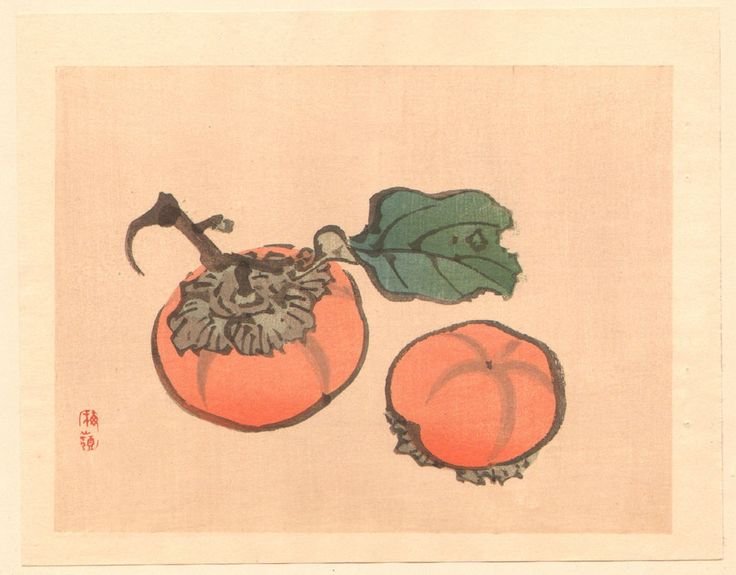
夜ル竊ニ虫は月下の栗を穿ツ
yoru hisokani mushi wa gekka no kuri o ugatsu
—Basho
secretly
a worm in the moonlight
drills into a chestnut
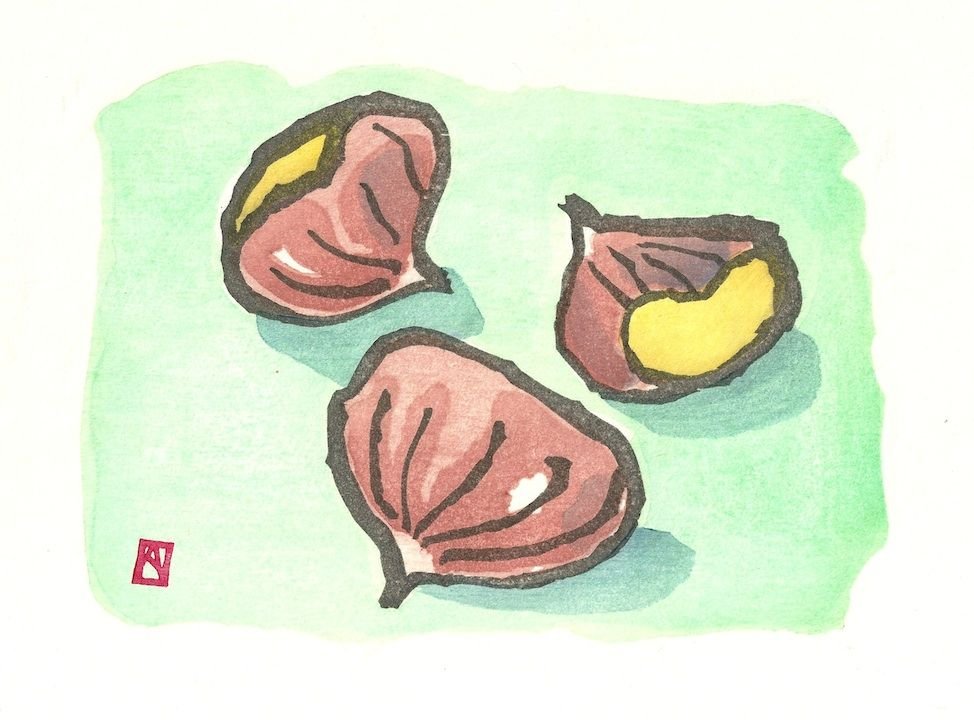
ほろほろ酔うて木の葉ふる
horohoro youte ko no ha furu
—Santoka
slightly drunk
the leaves
are falling
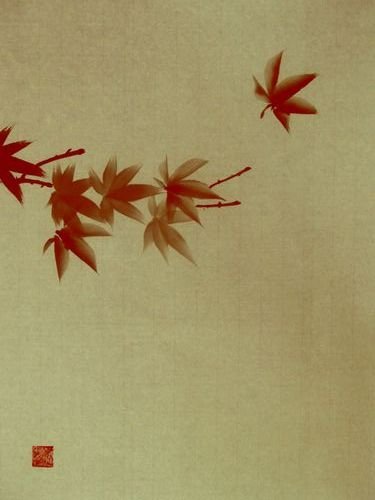
And that's that. Did any jump out at you as especally good?
All of these were translated by me. Feel free to use any of these translations anywhere you want, but if you do, please credit me. I ask that not so much because of my ego, but as a haiku reader myself I always want to know who did the translation so I can find more from them if I like it (or avoid them if I dislike it), so I'm always grateful when a book or website provides this info.
Needless to say, if you enjoyed any of these, follow me for more. I try to post one a day. Sometimes I miss a day if work or family gets in the way, but I do try to keep up.
If you enjoyed any of these, be sure to check out the previous two Haiku of Japan Collections:
❦
 |
David LaSpina is an American photographer and translator lost in Japan, trying to capture the beauty of this country one photo at a time and searching for the perfect haiku. He blogs here and at laspina.org. Write him on Twitter or Mastodon. |
